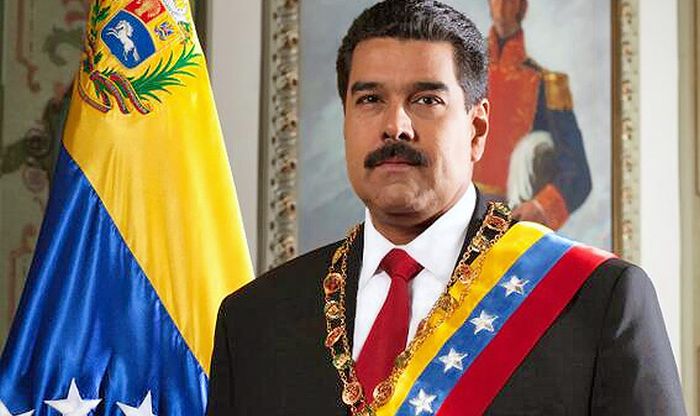Sign – Sovereign Infrastructure for Global Nations
Why you should listen
The core offering of Sign Global is built around the Sign Protocol — a multi-chain attestation framework that allows users to submit, verify and manage on-chain attestations of real-world or digital claims. This is an infrastructure layer for trust, identity and verification across “Web 3” ecosystems, designed to reduce reliance on centralised authorities by making attestations transparent and accessible.
In addition to the protocol itself, Sign Global offers tools and services built atop that infrastructure. For example, they highlight developer-friendly integrations that span multiple blockchain networks (Solana, Aptos, TON, others), and features including “TokenTable” and “EthSign” (contract signing tools) as components of their stack.
Finally, from a business reach perspective, Sign served over 50 million users and facilitated more than US$2 billion in digital-asset transactions via its platform.
Supporting links
Fidelity Crypto Careers
Sign
Andy on Twitter
Brave New Coin on Twitter
Brave New Coin
If you enjoyed the show please subscribe to the Crypto Conversation and give us a 5-star rating and a positive review in whatever podcast app you are using.
You May Also Like

EU Gears Up for Final Pressure on Russia with 19th Sanctions Wave

Venezuela Plans To Add Bitcoin And Stablecoins To The National Banking System

